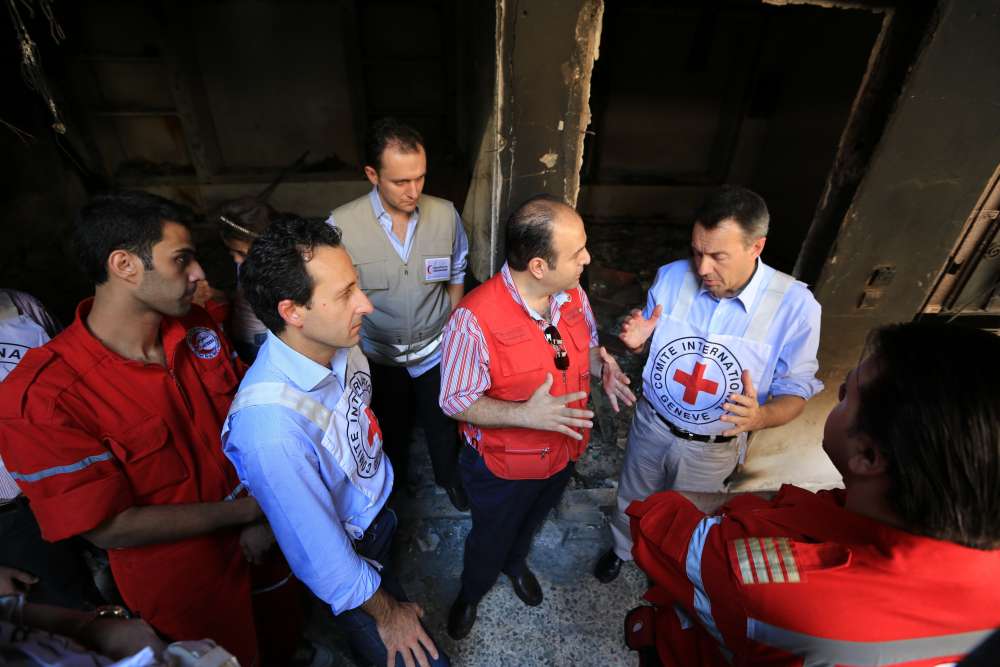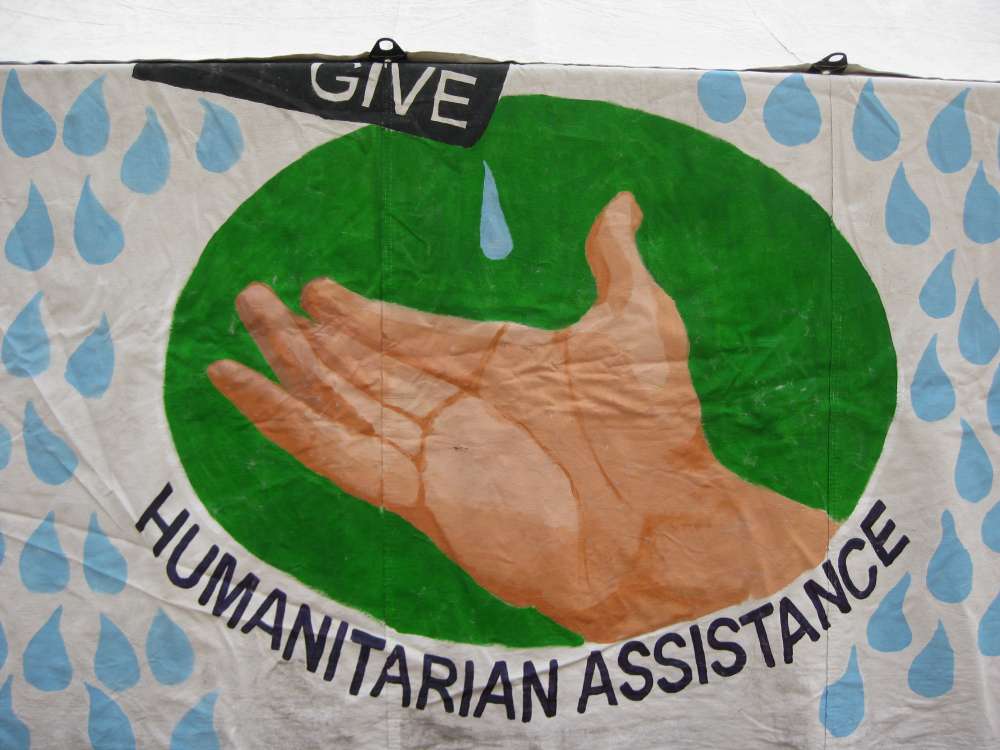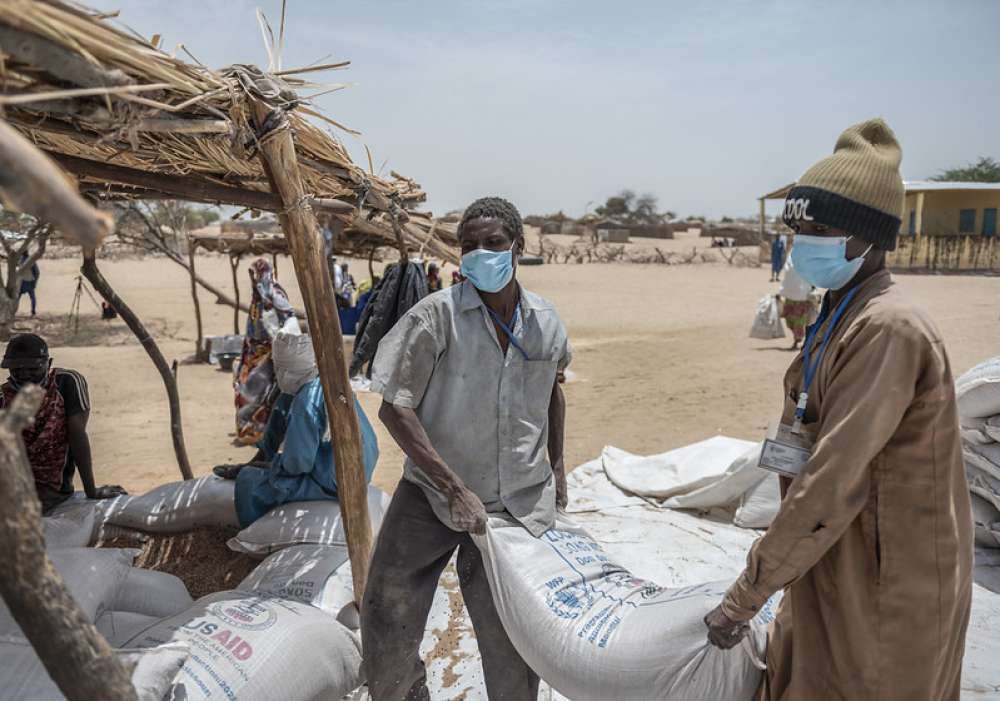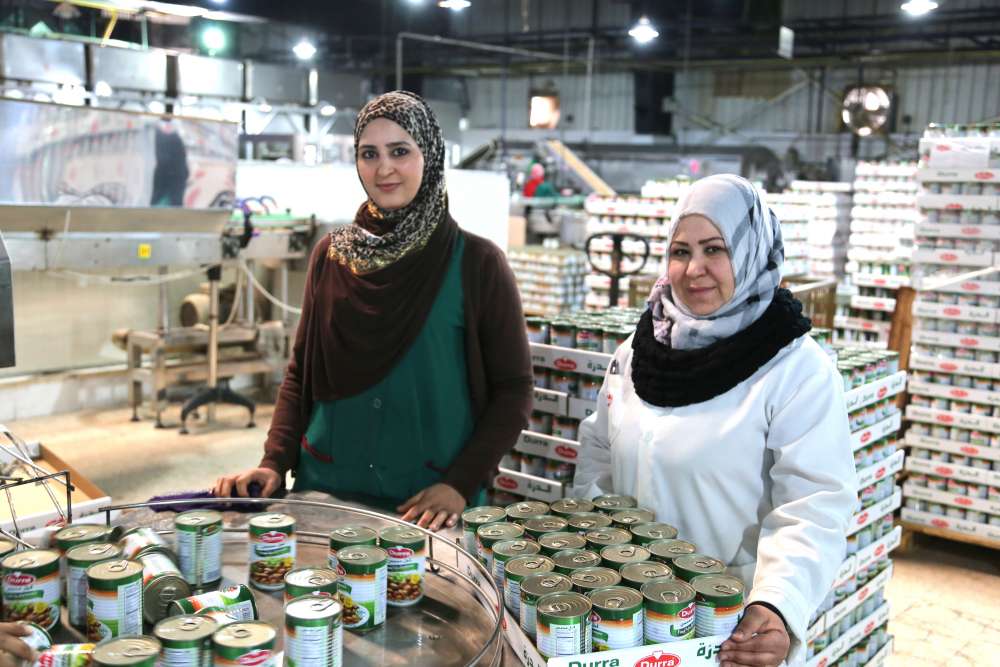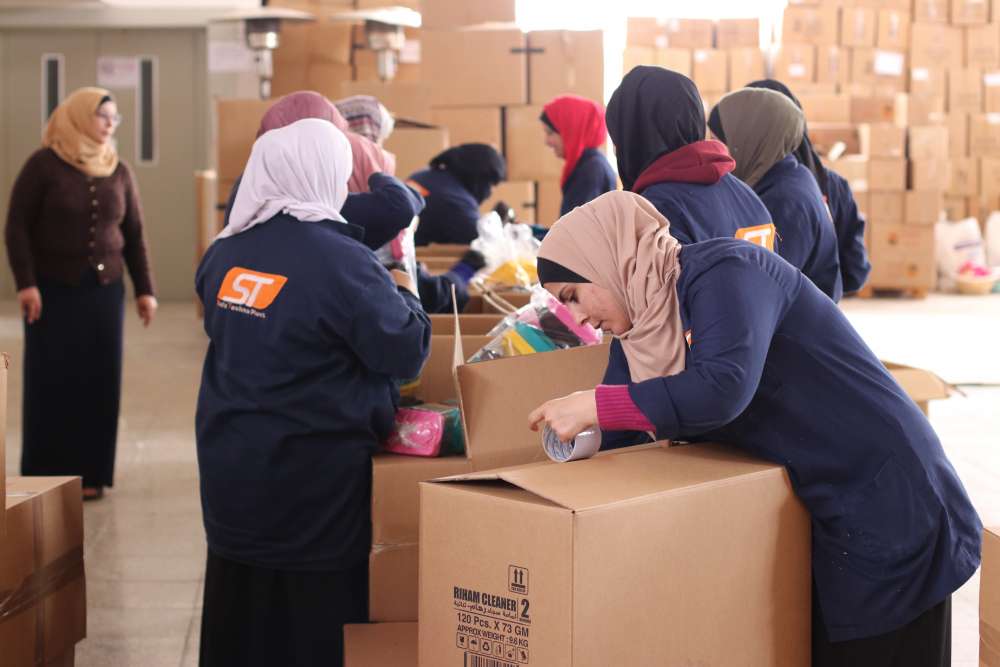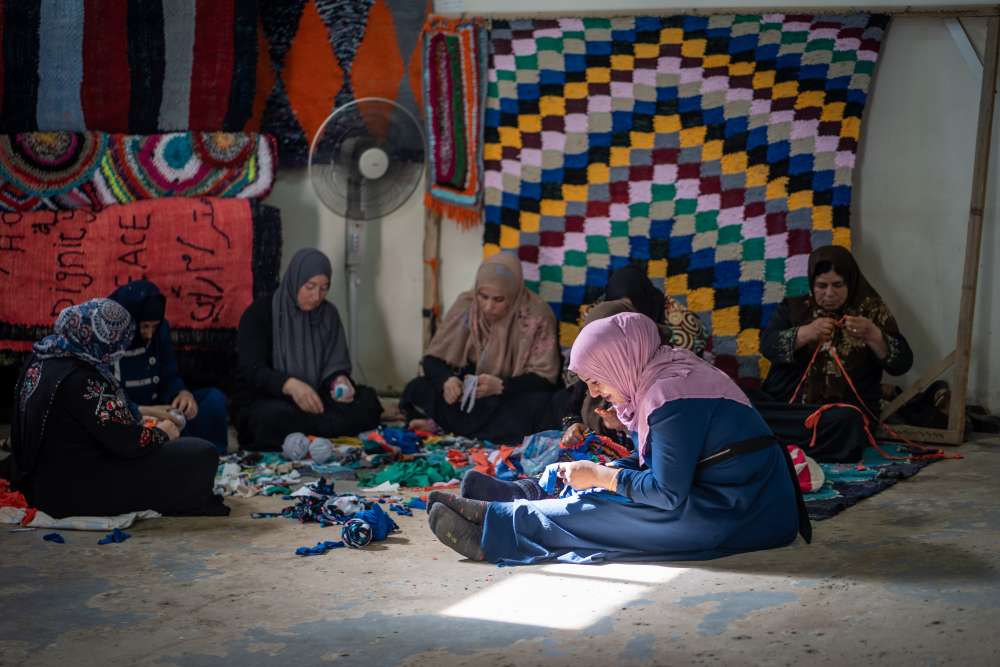Impasse in Syria May Encourage Changes in the Humanitarian System

Responding to a crisis the magnitude of that in Syria is a formidable challenge. In addition, forces on all fronts seem to almost conspire to make it more difficult to provide effective humanitarian assistance to those affected by the conflict. The Syrian government is restrictive. Extreme fundamentalist groups are actively hindering humanitarian actors. There is almost no access for international organizations. And among the countries in the region affected by the crisis, some governments are reluctant to host humanitarian organizations.
Yet, some challenges are self-made and could, at least in theory, be addressed by humanitarian organizations. By bringing these latent and unforced problems of the humanitarian system to the limelight, the Syrian crisis could result in what other crisis situations have not been able to bring about: a decisive impetus for fundamental reform of the humanitarian system.
The conflict in Syria affects not only those living in the country’s disputed areas, active zones of conflict, and cities under siege. Millions of people have sought refuge in neighboring countries, putting immense pressure on receiving communities. On paper, the international community has launched a coordinated regional response to serve all these groups. In practice, however, operations are highly fragmented between areas, groups of affected people, and response sectors.
…
To read the rest of this piece, please visit the PHAP website.

